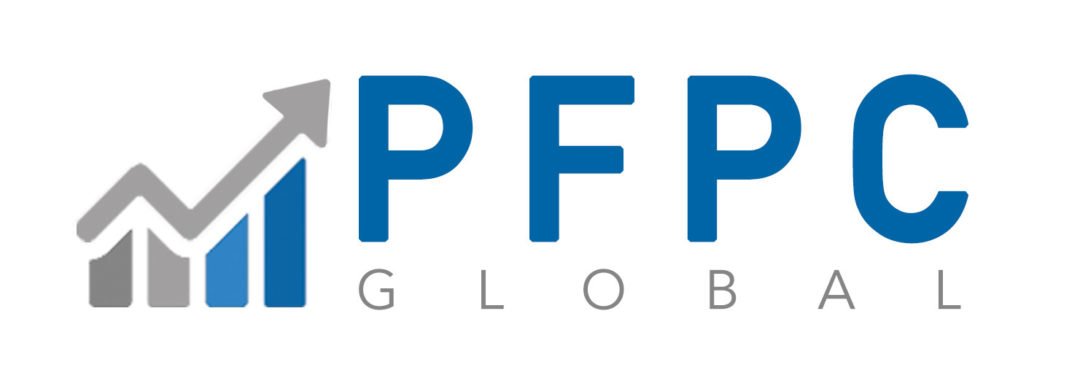Dutch Cabinet adopts package of new measures for jobs and economy
The Dutch cabinet decided today to take exceptional economic measures because of the coronavirus. The aim is to protect our health, our jobs and incomes and to cushion the consequences for self-employed persons, SME entrepreneurs and large companies. This package will provide support worth billions of euros each month for as long as necessary. The measures ensure that companies can continue to pay their employees, offer the self-employed a bridge and enable money to remain in the companies through relaxed tax regimes, compensation and extra credit opportunities.
The Ministers and State Secretaries of Economic Affairs and Climate (EZK), Finance and the Minister of Social Affairs and Employment (SZW) announced the package to the House of Representatives on Tuesday in addition to economic measures already taken by the government on Thursday 12 March.
The ministers jointly stated: “In the first place, it is essential that every Dutch citizen always follows the health decisions and advice. At the same time, these measures will have a major impact on entrepreneurs of all sizes, in all sectors. We don’t leave them alone. With this new package they get extra support. The government will also simplify access and make conditions more flexible, so that staff and the self-employed retain their jobs as far as possible”.
The government is closely monitoring the situation and is in constant contact with business organizations, social partners and banks. Healthy public finances and budgetary agreements will ensure that the government does not have to make immediate cutbacks as a result of this package. It has been decided to increase the national debt, which is possible because in good times the debt has been brought down.
The measures:
1. Setting up a temporary scheme for the reimbursement of wage costs (Ministry of Social Affairs and Employment)
An entrepreneur who expects a loss of turnover (at least 20%) can apply to the UWV (Dutch Social Security Authority) for a period of three months for an allowance for wage costs (maximum 90% of the wage bill, depending on the loss of turnover). The UWV will provide an advance payment of 80% of the requested allowance. This will enable companies to continue to pay their staff. A condition is that no staff may be dismissed for business economic reasons during the subsidy period. This Temporary Emergency Measure Bridging Work for the Preservation of Work (NOW) will be opened as soon as possible and will replace the current scheme for reducing working hours. SZW will no longer be able to submit new applications for this with immediate effect. Applications that have already been made, but not yet settled, will be settled in the new scheme. Entrepreneurs will be able to apply for compensation for a reduction in turnover as from 1 March.
2. Extra support for independent entrepreneurs (Ministry of Social Affairs and Employment and local municipalities)
The Cabinet will introduce a temporary, more flexible scheme to support independent entrepreneurs, including self-employed persons, so that they can continue their business. The scheme will be implemented by municipalities. Self-employed persons can receive additional income support for living expenses for a period of three months, via an accelerated procedure. This supplements the income up to the social minimum and does not have to be repaid. There is no capital or partner test in this temporary assistance scheme for self-employed persons. Support under this temporary scheme is also possible in the form of a loan for working capital, at a reduced interest rate.
3. Relaxation of tax deferrals and reduction of fines (Belastingdienst)
Affected entrepreneurs can more easily apply for tax deferrals. The Tax and Customs Administration will then stop the collections immediately. This applies to income, corporation, wage and turnover taxes (VAT). Any penalties for failure to pay on time do not have to be paid. Moreover, it is not necessary to send evidence immediately. The entrepreneur is given more time for this. The collection interest that normally takes effect after the expiry of the payment term is temporarily reduced from 4% to almost 0%. This applies to all tax debts. The tax interest rate is also temporarily reduced to almost 0%. This reduction will apply to all taxes for which tax interest applies. The government will adjust the tax rate as soon as possible.
4. Extension of the Guarantee Scheme for Business Financing (Ministry of Economic Affairs)
Companies experiencing difficulties in obtaining bank loans and bank guarantees can make use of the Entrepreneur Finance Guarantee Scheme (GO). The Cabinet proposes to increase the guarantee ceiling of the GO from 400 million euro to 1,5 billion euro. With the GO, EZK helps both SMEs and large enterprises by providing a 50% guarantee on bank loans and bank guarantees, (minimum 1.5 million – maximum EUR 50 million per enterprise). The maximum per company is temporarily increased to 150 million euros. The Cabinet undertakes to provide all the necessary guarantee space.
5. Interest discount for small entrepreneurs on microcredits Qredits (Ministry of Economic Affairs, Agriculture and Innovation)
Microcredit provider Qredits finances and coaches a large group of small and starting entrepreneurs, who often find it difficult to obtain financing through the bank. Examples are entrepreneurs in the hospitality industry, retail trade, personal care, construction and business services. Qredits opens up a temporary crisis measure: for small entrepreneurs who are affected by the corona problem, deferral of repayment is offered for a period of six months and the interest rate is automatically reduced to 2% during this period. The Dutch government will support Qredits with a maximum of 6 million euros for this measure.
6. Temporary guarantee for agricultural and horticultural businesses (Ministry of Agriculture, Nature and Food Quality)
For agricultural and horticultural businesses, there will be a temporary guarantee for working capital under the SME Agricultural Credit Guarantee Scheme (BL). This is the government’s guarantee for the loans of agricultural entrepreneurs. The amended BL scheme will apply from 18 March 2020.
7. Consultation on tourist tax (central government / municipalities) and culture sector
In consultation with the Association of Netherlands Municipalities (Vereniging Nederlandse Gemeenten, VNG), the Cabinet is discussing the possibility of stopping (provisional) local attacks on businesses and withdrawing attacks already imposed on businesses. This concerns in particular the tourist tax. The government is also in consultation with the cultural sector in order to be able to join generic measures and possible specialization if necessary.
8. Compensation scheme for sectors affected (Ministry of Economic Affairs)
The government’s health measures have enormous consequences for income in a number of sectors in particular. Such as, for example, the (compulsory) closure of eating and drinking establishments and cancellations in the travel sector. Moreover, these revenues are difficult to catch up with when the coronavirus is over. The Cabinet will therefore come up with a compensation scheme with appropriate measures for businesses in the sectors mentioned. This will now be worked out and submitted to the European Commission as a matter of urgency for the assessment of (lawful) state aid.
Questions about the subject above?
If you have any questions or remarks please do not hesitate to contact us.
Team PFPC Global

